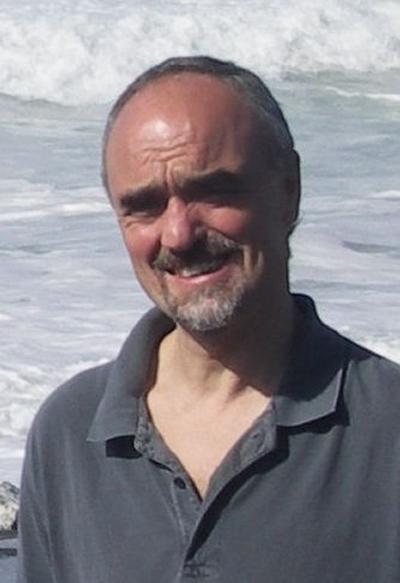Research interests
My research interests include the development and application of Lab on a Chip devices and electrochemical biosensors to the field of neuroscience.
1. A compartmentalised neuronal device
In collaboration with Dr. Tracey Newman and Prof. Hugh Perry I am working in a NC3Rs funded project where we have developed a microfluidic device that will allow the isolation of the neuron cell body from the axon and synapse. The advantage of these neuronal chambers is that they are able to offer precise control over the microenvironment surrounding different parts of the neuron, this enables specific areas to be exposed to different conditions. We are interested in carrying out experiments in which we are able to manipulate the axon's biology independently of the cell body. The microstructured device is currently being used to study mechanisms underlying neurodegeneration.
2. The effect of DC electric fields on the directional growth of neurons
Electrotaxis studies using neurons have shown that during development individual neurons are exposed to extracellular electric fields that effect the direction of growth of the neurites. Other work has shown that different growth cones of a single neuron exhibit differential responses to applied electric fields. Dendritic growth cones of hippocampal neurons were found to orientate themselves towards the cathode where as axonal growth cones were unresponsive to an applied electric field. Understanding neuronal growth cone guidance by DC electric fields provides an exciting prospect and in combination with tissue engineering may lead to CNS repair. In an EPSRC funded study and in collaboration with Dr. Tracey Newman, Dr Guy Denault and Prof. Peter Kazansky we are looking at the effects of electric fields on the directional growth of different parts of the neuron.
3. Development of electrochemical biosensors
Electrochemical biosensors offer the attractive benefits of excellent spatial and temporal resolution and are easily adaptable for miniaturisation where simultaneous measurements can be made. Miniaturised electrochemical electrode arrays offer the added advantage of fast responses and excellent signal to noise ratios. All these characteristics make it an ideal tool for neuronal applications. In collaboration with Prof. Peter Smith, director of the IFLS, we are developing several different types of electrochemical biosensors.
Research group
Biomedical Sciences
Affiliate research group
Institute for Life Sciences (IfLS)
Dr Martin ArundellSchool of Biological Sciences
Faculty of Environmental and Life Sciences
Life Sciences Building 85
University of Southampton
Highfield Campus
Southampton
SO17 1BJ
Room Number : NOCS/251/12
